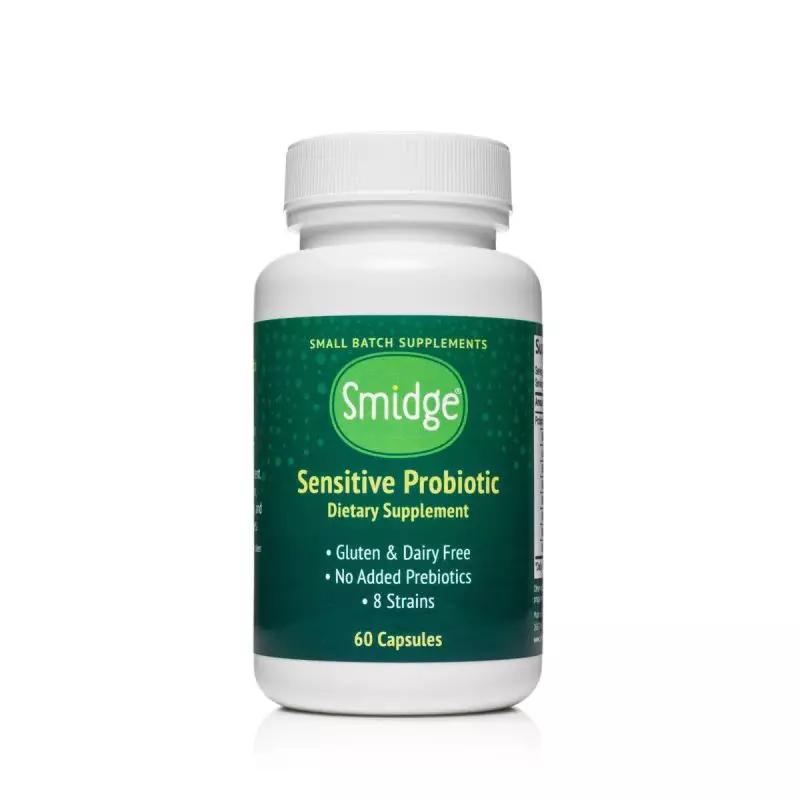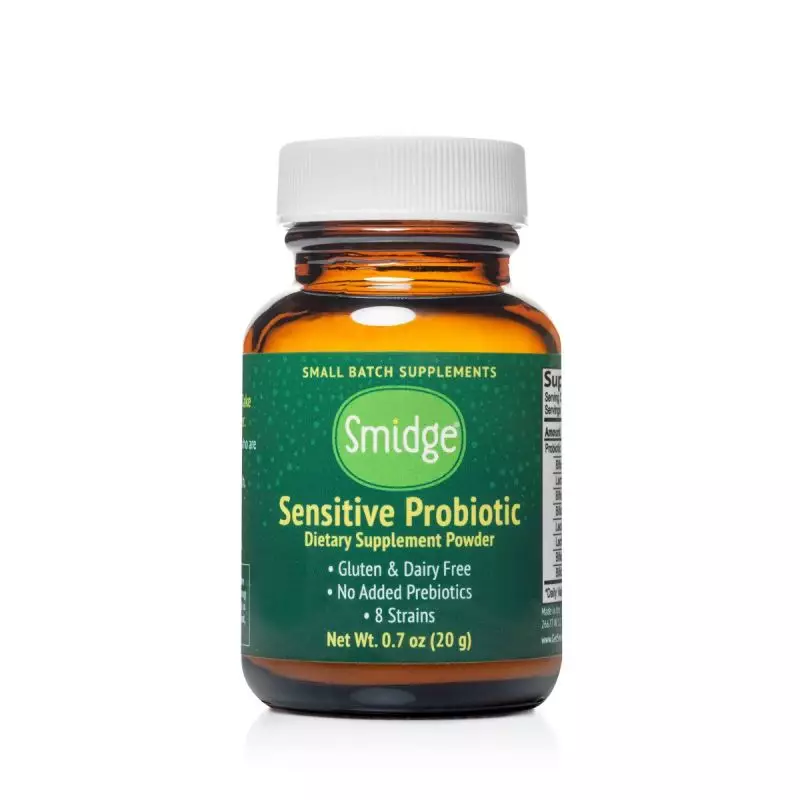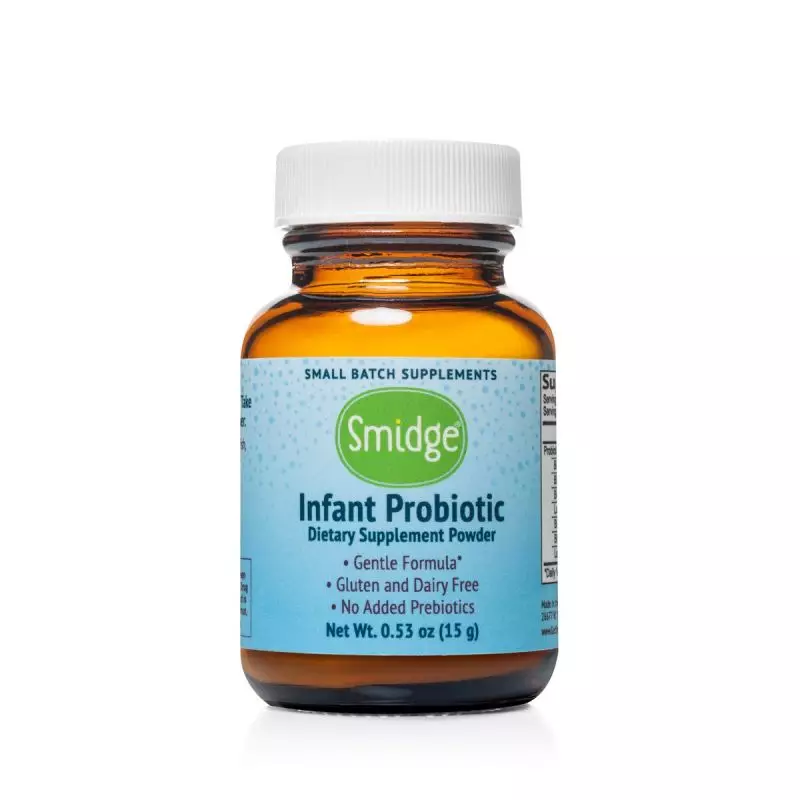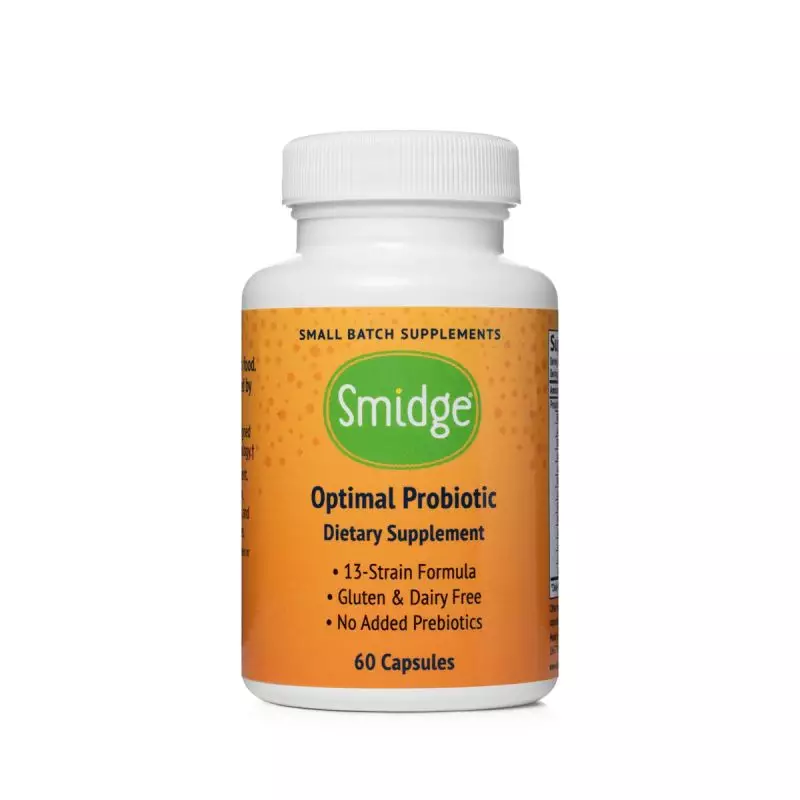Gut health is quite a hot topic in recent times. We are being bombarded with information on how we need to pay more attention to our gut health and what our gut health might be telling us in relation to our overall health. This is for good reason, an unhealthy gut can not only come with uncomfortable or unpleasant symptoms but it can also be a major contributor to a wide range of diseases. Almost all modern health issues are inflammatory at their core and ultimately come from gut health. Common examples are difficulty sleeping, hormonal imbalances, rheumatoid arthritis, autism spectrum disorder, IBS, depression, and chronic fatigue syndrome… and the list goes on.
It’s probably best described by Chris Kresser: “There are two closely related variables that determine our gut health: the intestinal microbiota, or gut flora, and the gut barrier.”
Gut barrier issues typically come from what is referred to as a “leaky gut” – a condition where the permeability of their gut lining is compromised.
When your gut barrier is impaired, your body will produce a long term “chronic” inflammatory response that can lead to the development of disease. These two culprits often manifest as digestive trouble initially, although other people may be without symptoms.
Instead, in some people, an impaired gut barrier may lead to seemly unrelated problems such as heart failure, depression, brain fog, skin conditions (such as eczema / psoriasis), metabolic problems (like obesity), allergies, asthma and autoimmune diseases.

GUT FLORA
Our gut is home to around 100 TRILLION microorganisms and among other things. These microorganisms (gut flora) promote normal digestive function, account for approximately 80 percentof our body’s immune response, while also helping to regulate our metabolism.
Imbalanced gut flora has been linked to diseases ranging from irritable bowel syndrome, autism and depression to autoimmune conditions like Hashimoto’s.
Unfortunately, there are multiple factors of modern lifestyles that directly contribute to unhealthy gut flora, such as:
- Antibiotics and other medications like birth control and NSAIDs
- Diets high in processed foods, refined carbohydrates and sugar
- Inflammatory foods containing gluten and oxidised seed/vegetable oils
- Over consumption of alcohol
- Toxin exposure from chemicals that end up in our air, food and water
- Chronic stress and infections (such as pathogens)
It can take 6-12 months to unravel a chronic digestive issue – often a lot longer.
Doctor Natasha Campbell-McBride is a gut health specialist and founder/author of the GAPS diet and says it can take up to four years to restore and rebuild the gut biome following a course of antibiotics.
This may not be the news you were looking for, but don’t despair too much, there are a number of general guidelines to get your gut health back into good shape.
- The most obvious first step in maintaining a healthy gut is to avoid all of the things listed above that destroy gut flora and damage the intestinal barrier!
- Start drinking bone broth every day (very easy to make, and widely available in supermarkets now)
- Start a course of high quality, multi-species probiotics
- Use Restore to help seal the gut lining naturally (in fact, we believe this product is so amazing, our next blog will be dedicated to it)
- Eat fermented foods, such as sauerkraut and kimchi or drink kefir and kombucha (go easy to start with though), and add fermentable fibres to your diet, such as sweet potato, yam etc
- Take steps to manage your stress, and establish a good sleep routine
- Get a lab test done to identify the state of your gut (don’t guess, test) and get a personalised health protocol to follow.

LEAKY GUT
This is can be more problematic than just having bad gut flora. It often starts by having unhealthy flora in the first place!
Your gut, is essentially a very thin barrier (one cell thick) who’s primary function is to allow nutrients through to the liver for processing while blocking offensive particles from getting through into general circulation. Offensive particles could be undigested food, pathogens or antigens.
A gut becomes “leaky” when the connectors or “tight junctions”, who’s role is to bind this one-cell thick wall together, are weakened by toxins, pathogens and inflammatory proteins like gluten.
When your gut (intestinal barrier) becomes permeable (i.e. leaky gut syndrome) offensive particles ‘leak’ into your bloodstream. Since they don’t belong there, the immune system goes on red alert and attacks them. Imagine if this happens every time you have a meal, it’s no wonder you’d be feeling tired, emotional and sick.
To adequately address these conditions, you must rebuild healthy gut flora as well as restore the integrity of your intestinal barrier. This is very important if you have any kind of autoimmune disease, whether you experience digestive issues or not.
Once you start following a specific healing protocol and your body starts to repair, you will likely notice a decrease in your symptoms, and an improvement in your energy and overall wellbeing.
Modern health practitioners view gut health as the number one pillar of health, therefore a gut-health protocol should be considered if you have any health concerns or symptoms.
As per our previous blog post regarding understanding your level of health, we mentioned that it’s not about the ‘amount of symptoms’ you have as a marker for overall health, it’s an absence of symptoms that is a marker of true health and wellbeing. If you are not at a 3 or a 4 on our Functional Self Optimal Health Scale, we recommend you start by undertaking the steps above to begin your journey to good health.

 UK Store
UK Store  NZ Store
NZ Store AU Store
AU Store EU Store
EU Store













